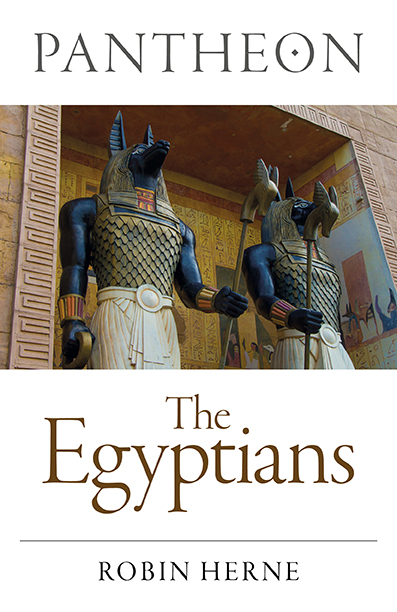Pantheon - The Egyptians
A couple of days ago my publisher let me know that the latest book had been completed (in terms of cover art, lay out etc.). "Pantheon - The Egyptians" will be in the shops for May 2021, which is some positive news for me amidst the sea of gloom in the world at present. The book explores Egyptian mythology, history, theology, ritual and so forth - details on how to purchase will be added once the book becomes available for retail.
To mark the event I have finally found time away from work to make a short recording of a prayer to Tehuti, the ibis-headed god of writing, which is given in both English and a reconstruction of how it may have sounded in the language of Kemet. There on ongoing discussions between linguists as to exactly how early Egyptian may have sounded, which is partly a problem of vowel sounds which readers were expected to know rather than having made explicit to them in reading hieroglyphs. The people who carved the letters clearly never envisioned a day when their descendants would be unfamiliar with their language.
The prayer is followed by a short story about a rift between the goddess Tefnut and her father Ra in which the ever-diplomatic Tehuti lends a hand. There is a version of this story in which the split and reconciliation is between brother and sister, Tefnut and Shu, rather than parent and child, but the drought-flood theme of the story remains the same in either case.
To mark the event I have finally found time away from work to make a short recording of a prayer to Tehuti, the ibis-headed god of writing, which is given in both English and a reconstruction of how it may have sounded in the language of Kemet. There on ongoing discussions between linguists as to exactly how early Egyptian may have sounded, which is partly a problem of vowel sounds which readers were expected to know rather than having made explicit to them in reading hieroglyphs. The people who carved the letters clearly never envisioned a day when their descendants would be unfamiliar with their language.
The prayer is followed by a short story about a rift between the goddess Tefnut and her father Ra in which the ever-diplomatic Tehuti lends a hand. There is a version of this story in which the split and reconciliation is between brother and sister, Tefnut and Shu, rather than parent and child, but the drought-flood theme of the story remains the same in either case.

Comments
Post a Comment